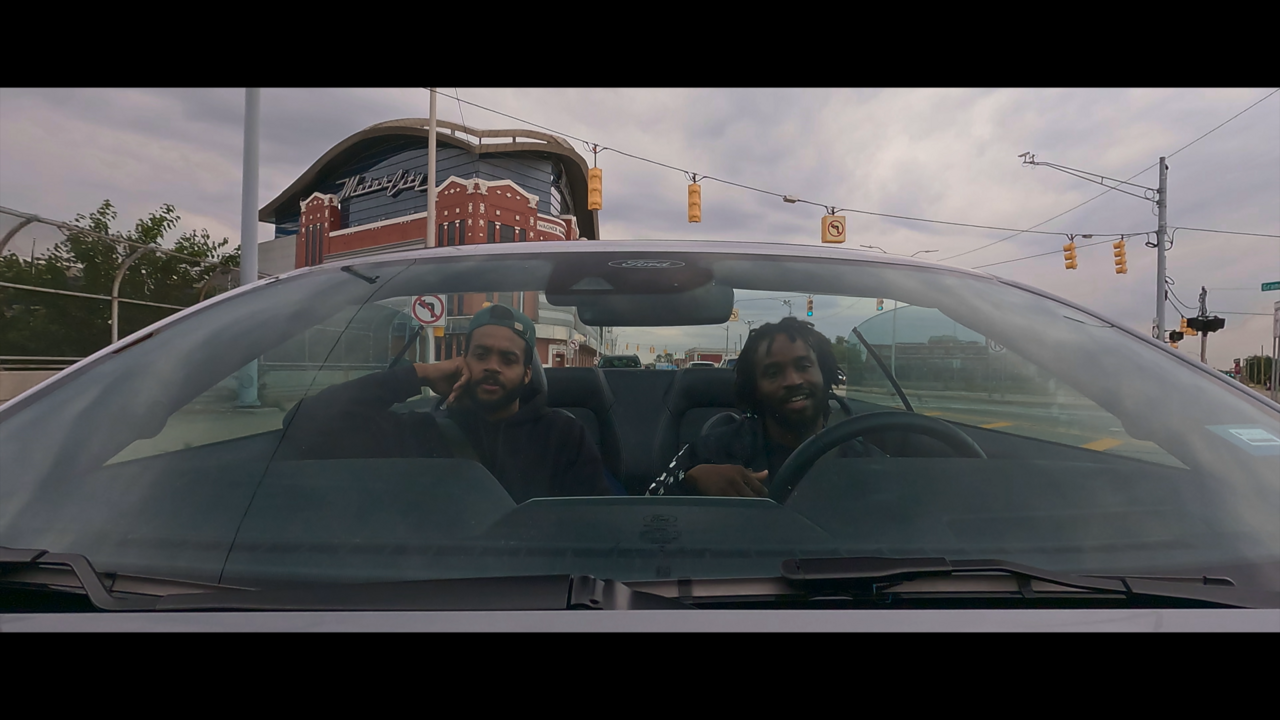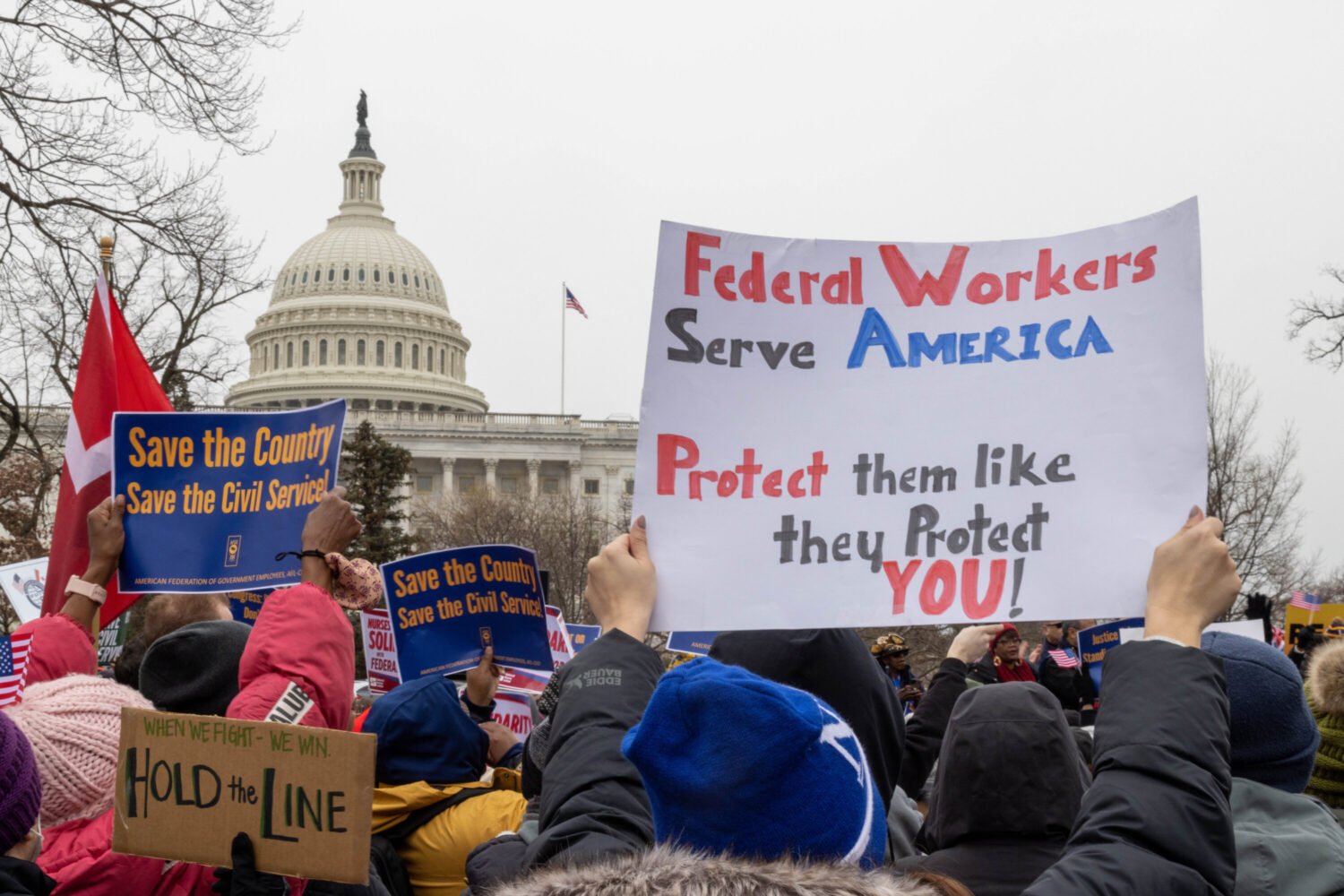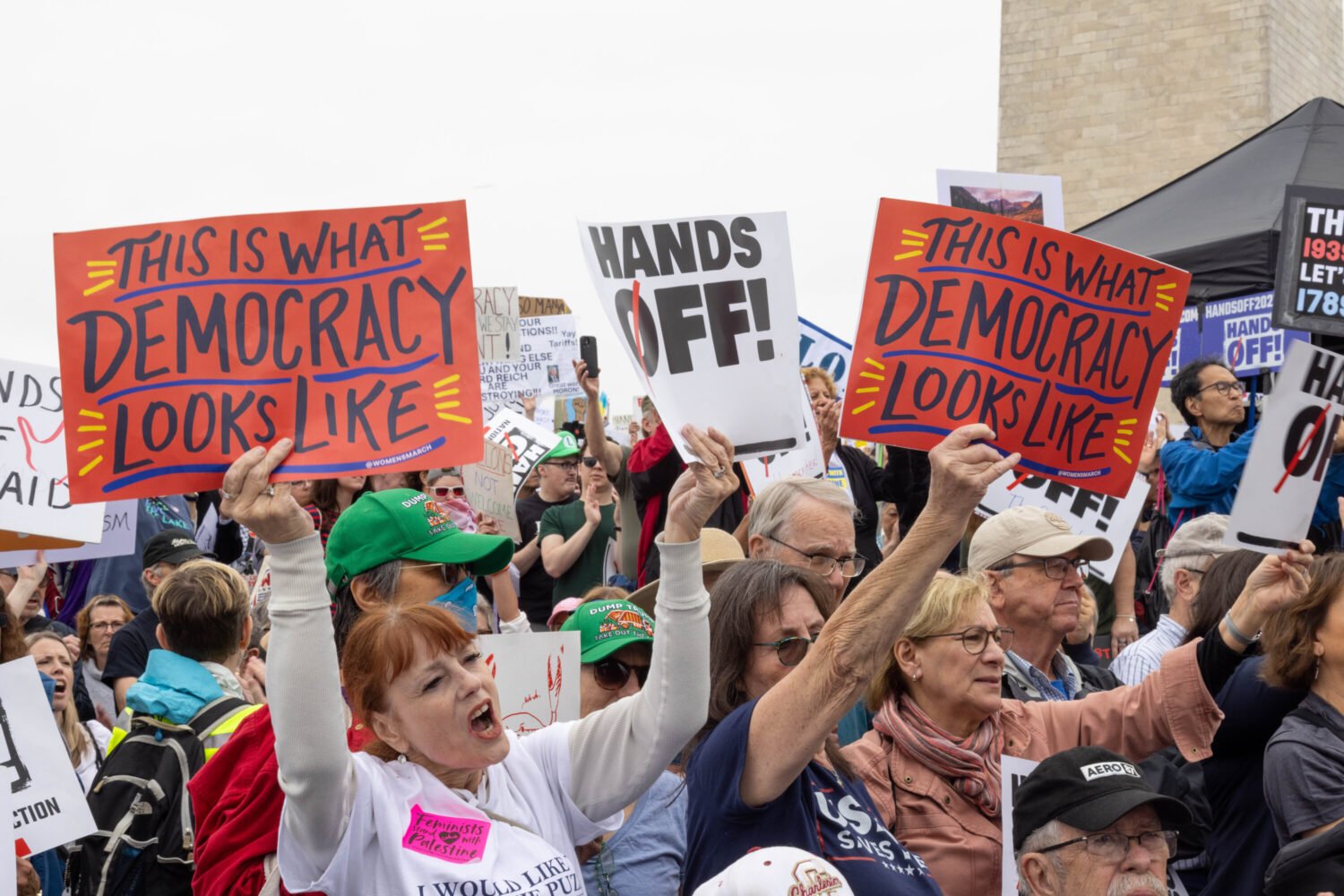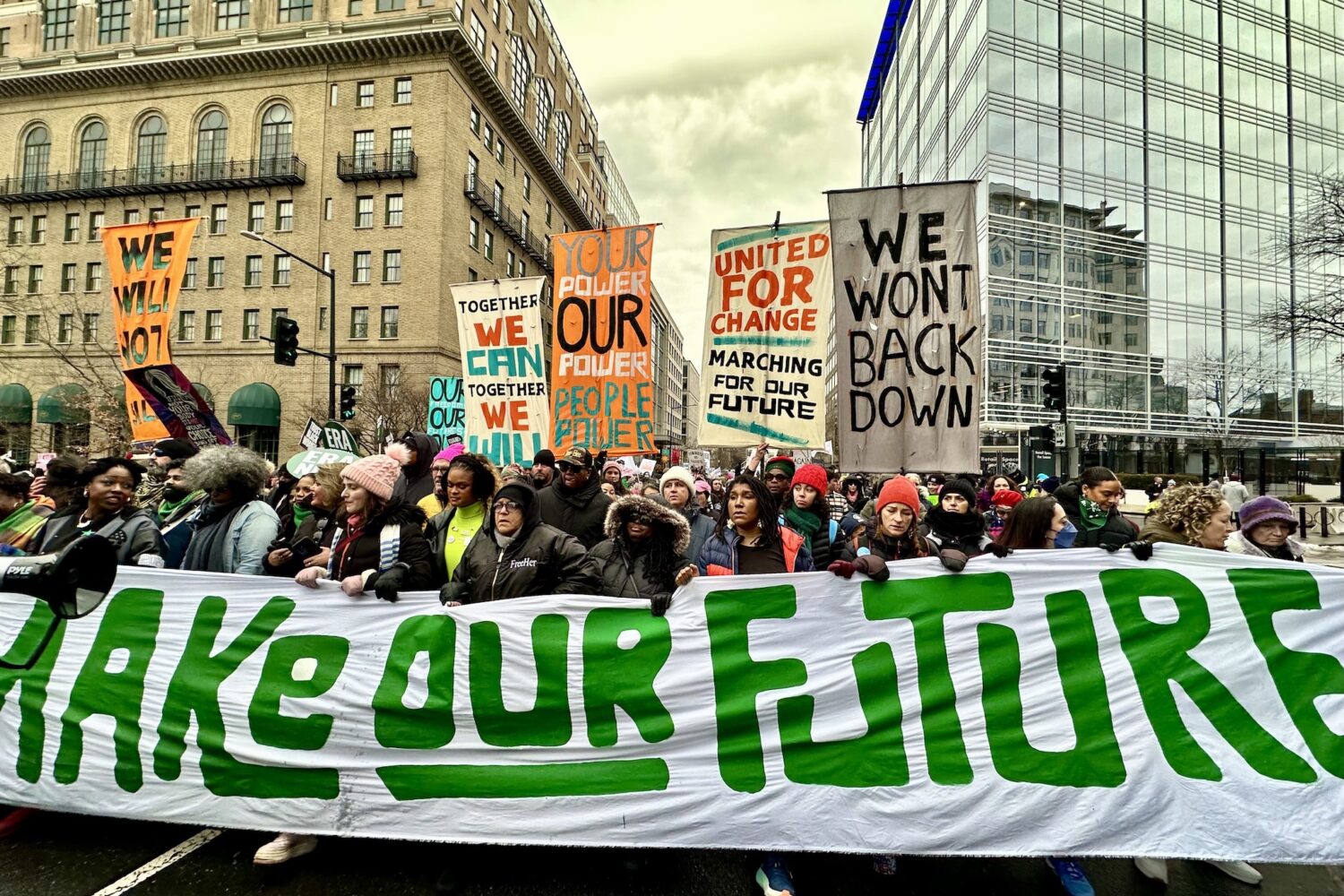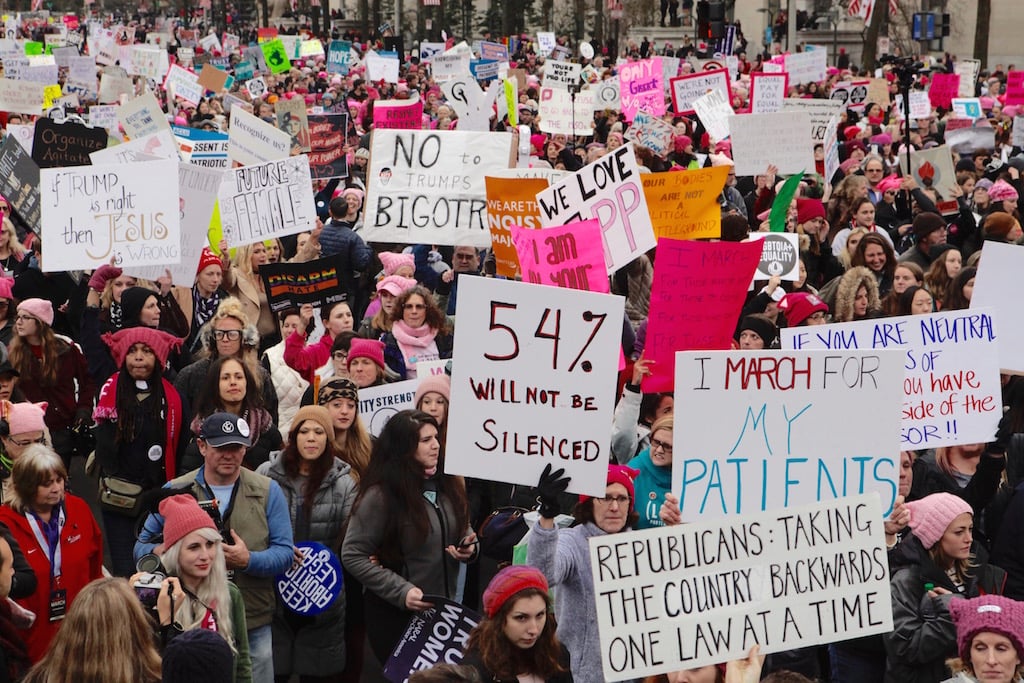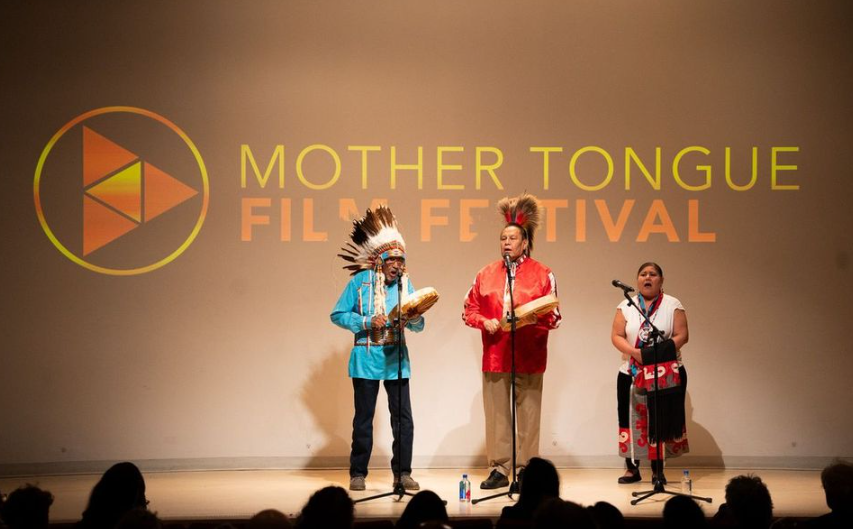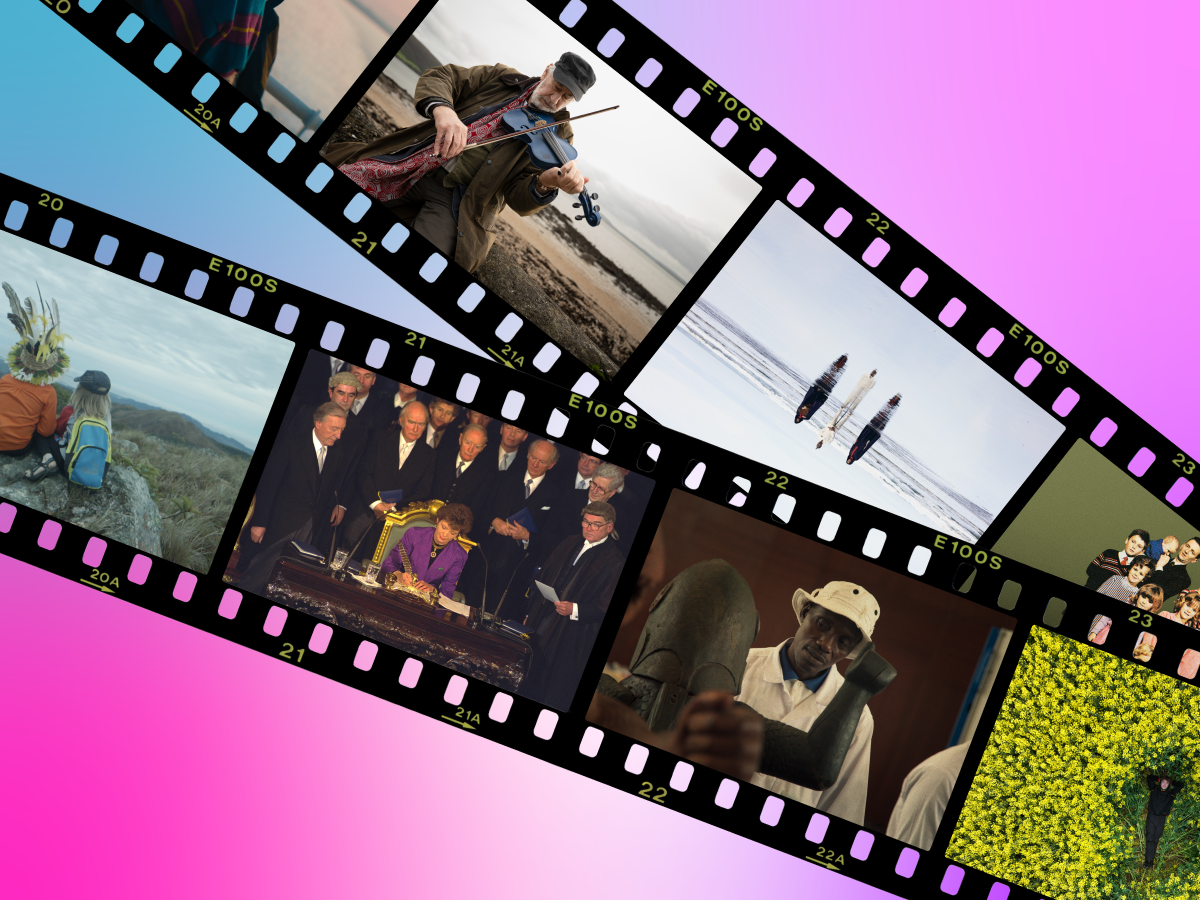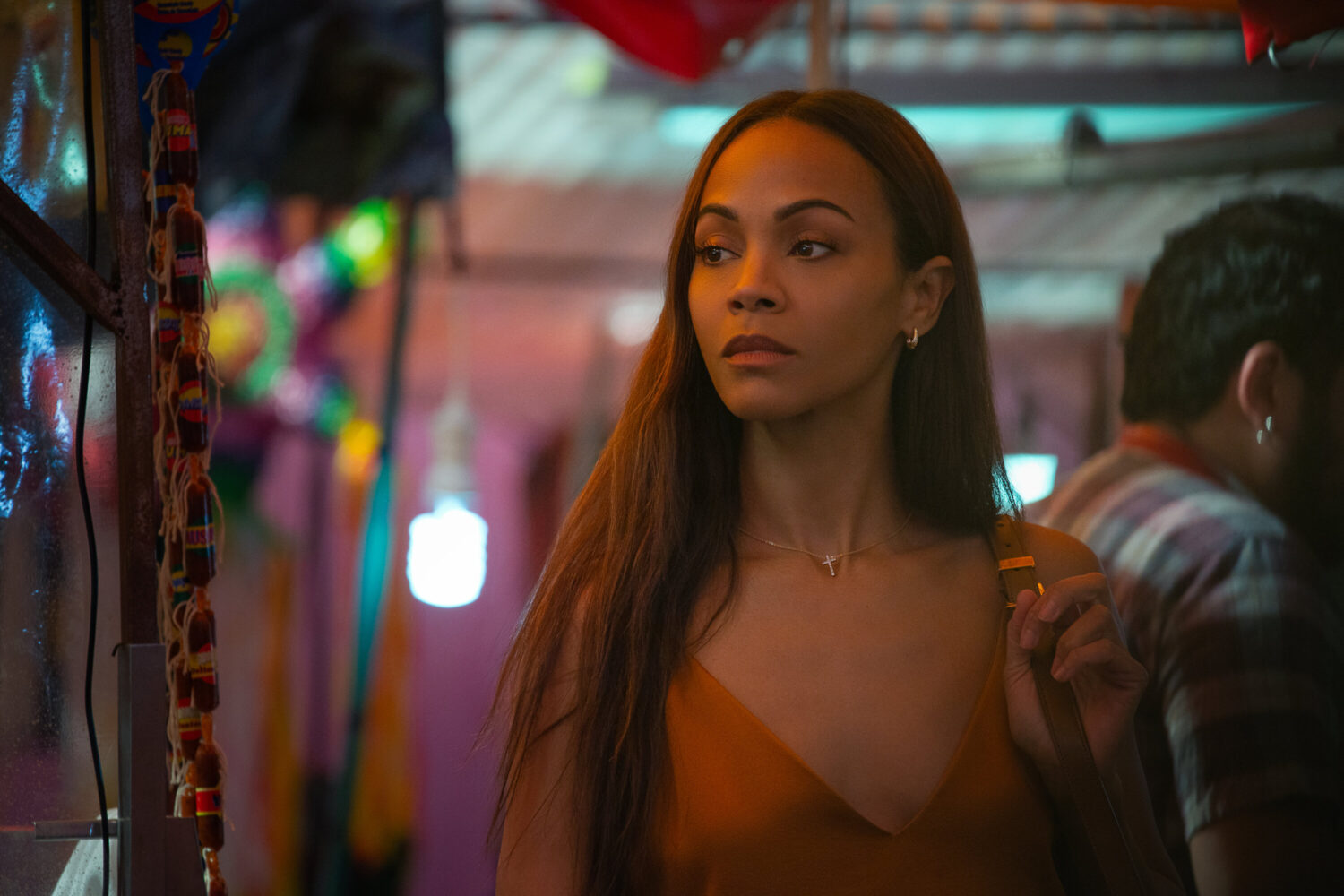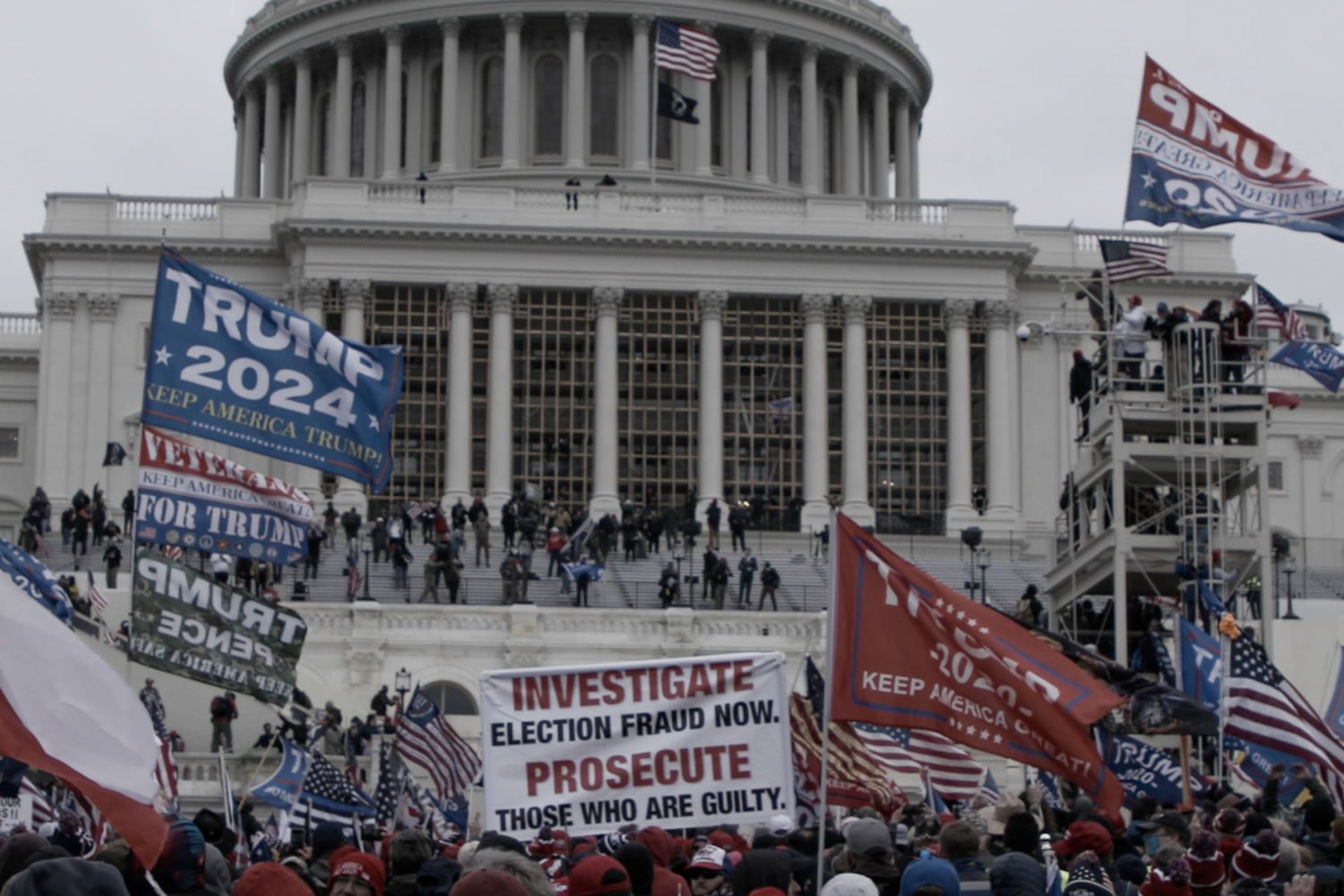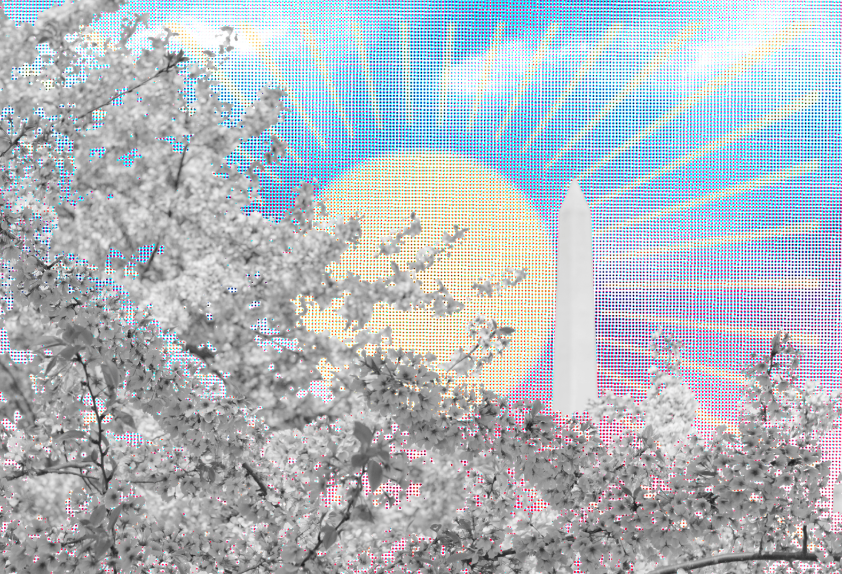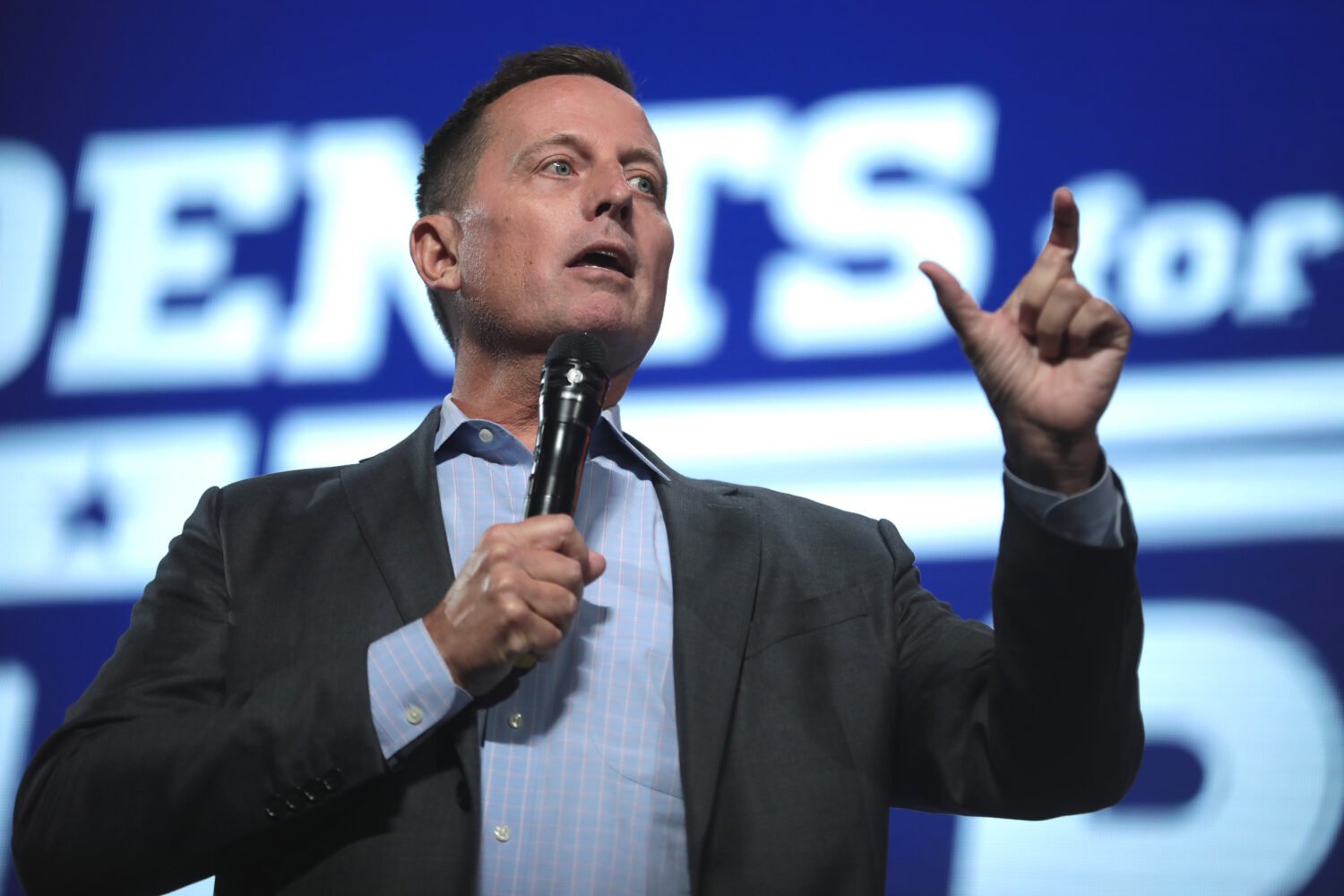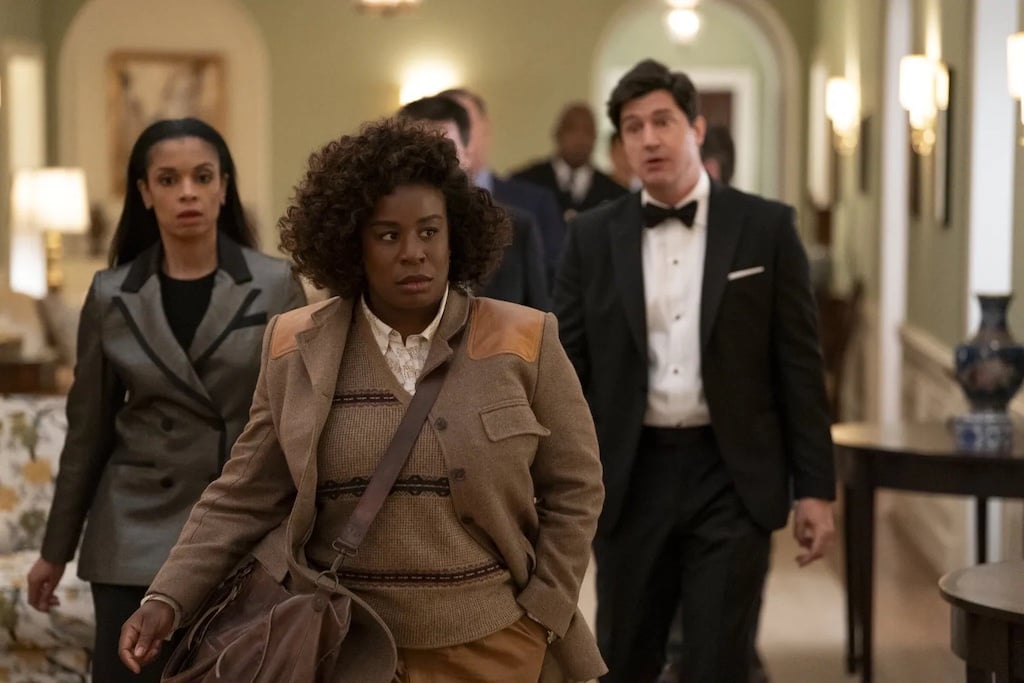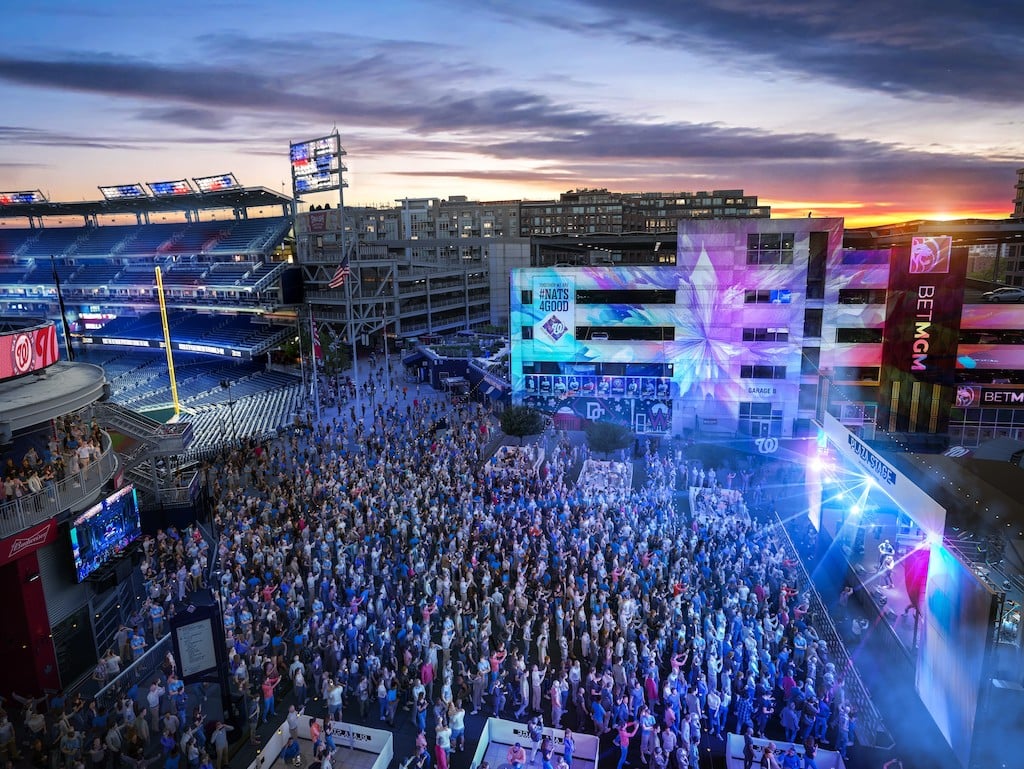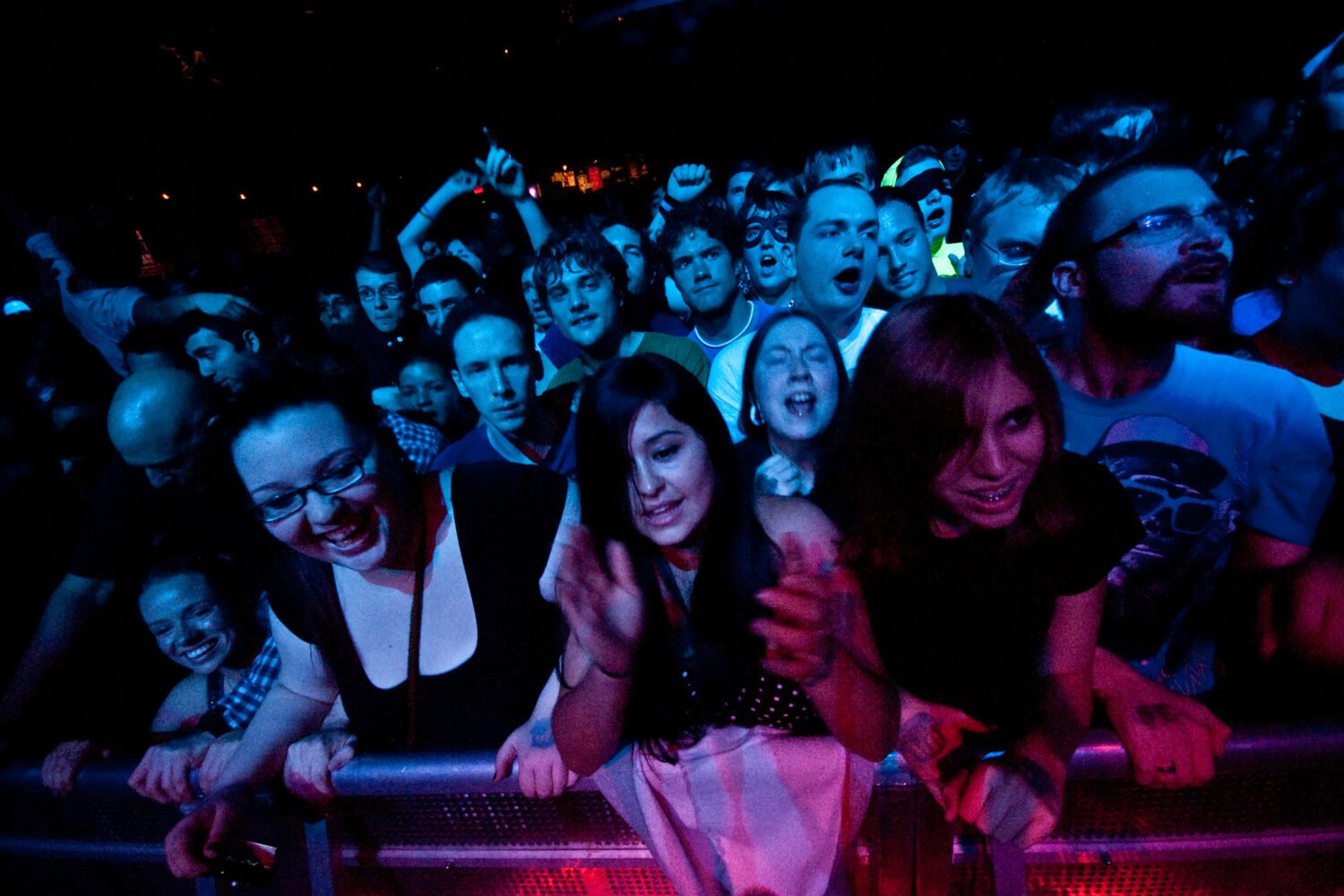A female gangster, nicknamed the “Queen of the Underworld,” who ran a gambling racket in DC in the 1950s. A Black race car driver from DC who rocketed from the online world of virtual racing to the driver’s seat in NASCAR’s penultimate racing series. A long-closed coffeehouse and venue on H Street that offered a reprieve for queer Black people through the height of the AIDS epidemic.
These are some of the local characters and places whose stories are told by short films in DC/Frame, a special program that will run as part of the much larger new DC/DOX documentary festival taking place across the city June 15 through 18.
“We certainly intend for DC/DOX to be a major platform for documentary globally, but we are rooted in DC and being in DC matters,” says Sky Sitney, the festival’s co-founder. “It is part of our character and we wanted to make sure that that’s reflected in our program.”
The inaugural DC/DOX festival will take place at venues ranging from the National Archives and Martin Luther King Jr. Memorial Library, to Suns Cinema, a diminutive Mount Pleasant storefront. It will mark the DC premiere of nearly all of the films, and the world premiere of a few. Almost all of the screenings feature talks with the film directors and, in some cases, those in front of the camera.
On opening night, Joan Baez I Am A Noise, which follows the venerable folk singer and activist on her farewell tour, will kick off the festival at the National Portrait Gallery’s Nan Tucker McEvoy Auditorium, with Baez set to attend. Another featured film, Anthem, from Disney’s Onyx Collective, is a kind of road documentary about two musicians rewriting “The Star Spangled Banner” to create a new national anthem that is more reflective of American musical traditions, from Delta blues and New Orleans jazz to Nashville country. The Body Politic, about Baltimore mayor Brandon Scott’s efforts to fight gun violence in the city, is another highlight, showing at MLK Library’s theater on June 18.
DC/DOX will include the world premieres of Supreme, a forthcoming four-part Showtime documentary series directed by Dawn Porter on the modern history of America’s highest court, and of Between Life and Death, which traces the personal story of Terri Schiavo, the explosive legal case over her right to die, and its lasting political implications.
In all, 31 features and 21 shorts from eight countries will screen across the city in just three days. But the 11 shorts in the DC/Frame series at Eaton DC’s cinema are vital to the festival’s organizers, who want to seize the opportunity to distill life, social change, and culture in the city for locals and visitors to the festival.
“I grew up in DC, so I always look at it through the lens of: ‘if only you knew how much was going on here,’ ” says Rebecca Lemos Otero, who directs Humanities DC and collaborated on the program. “I felt a sense of pride to have the opportunity to show these to a broader audience, and a sense of pride that the people who made these films and who are in them can feel even more seen and heard.”
The DC/Frame shorts are showing on three nights, each with its own themed program. “Lost and Found” includes stories of home, including Park Regent, about the tenants of a historic Mt. Pleasant apartment building on the eve of its sale. “Rhythms of Resilience” focuses on artists and art spaces, including Fierceness Served! The ENIKAlley Coffeehouse, about the Black LGBTQ performance venue in Northeast. “I Did It My Way” tells four stories of maverick personalities, including the female gangster Odessa Madre in Odessa’s Reign and DC native NASCAR driver Rajah Caruth in Outside Line.
The new festival fills a void left by AFI Docs, the celebrated documentary showcase that began as Silverdocs at the American Film Institute’s Silver Spring theater in 2003. Sitney, who directs the Film and Media Studies program at Georgetown University, helmed AFI Docs for nearly a decade. In 2022, the documentary festival merged with the film institute’s Los Angeles-based AFI Fest, shutting down a central part of Washington’s film scene.
DC is a crucial venue for documentary films, Sitney and festival co-founder Jamie Shor agree, because of the large number of journalists, politicians, advocates, and activists who are many of the festival attendees. When documentary producers come here, they find an informed audience able to boost and respond to their work.
“People come to DC to marshal their forces,” Shor says. “What we represent here are amplifiers. People who can shout from the rooftops: ‘this is a valuable and important piece of art that you should pay attention to.’ ”

